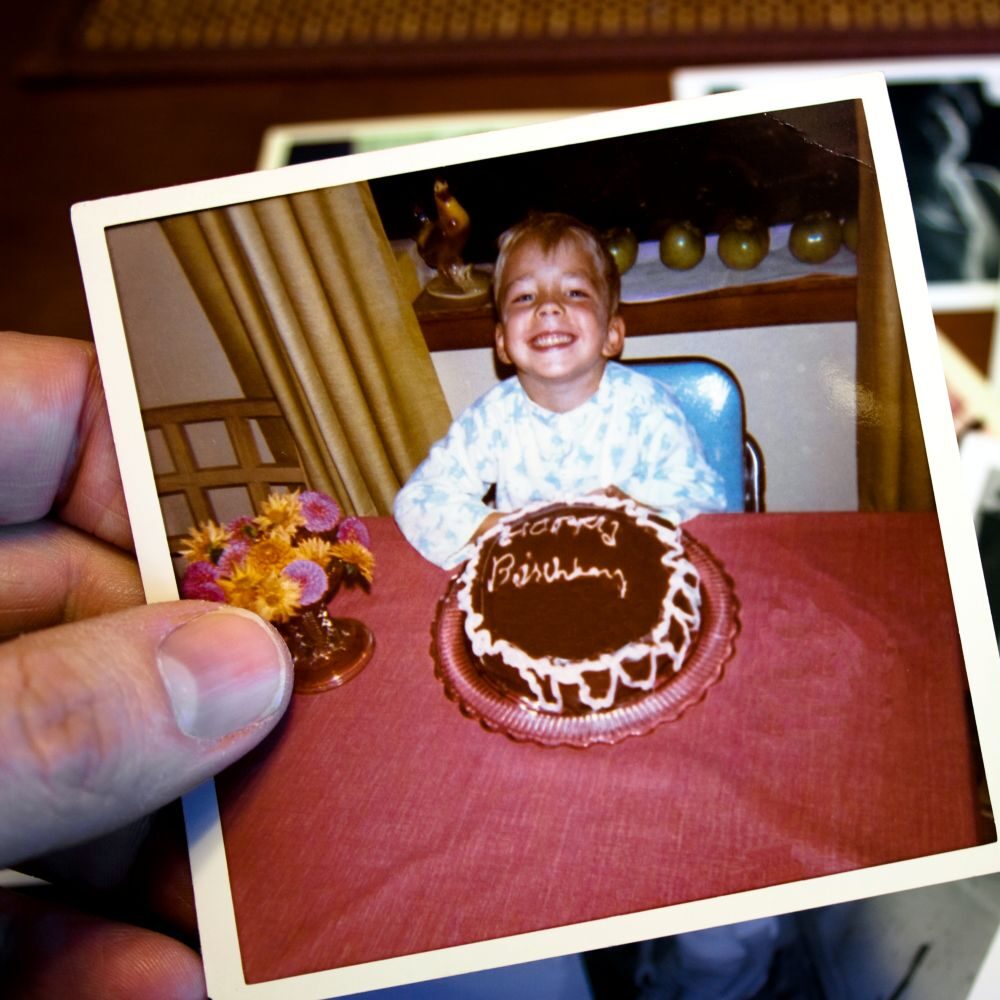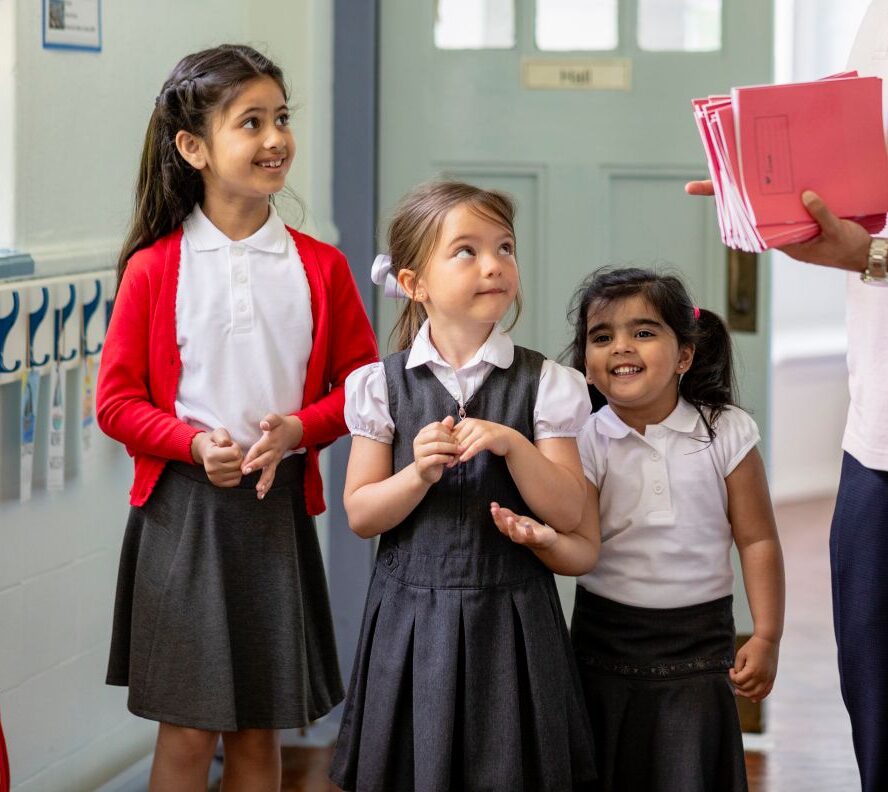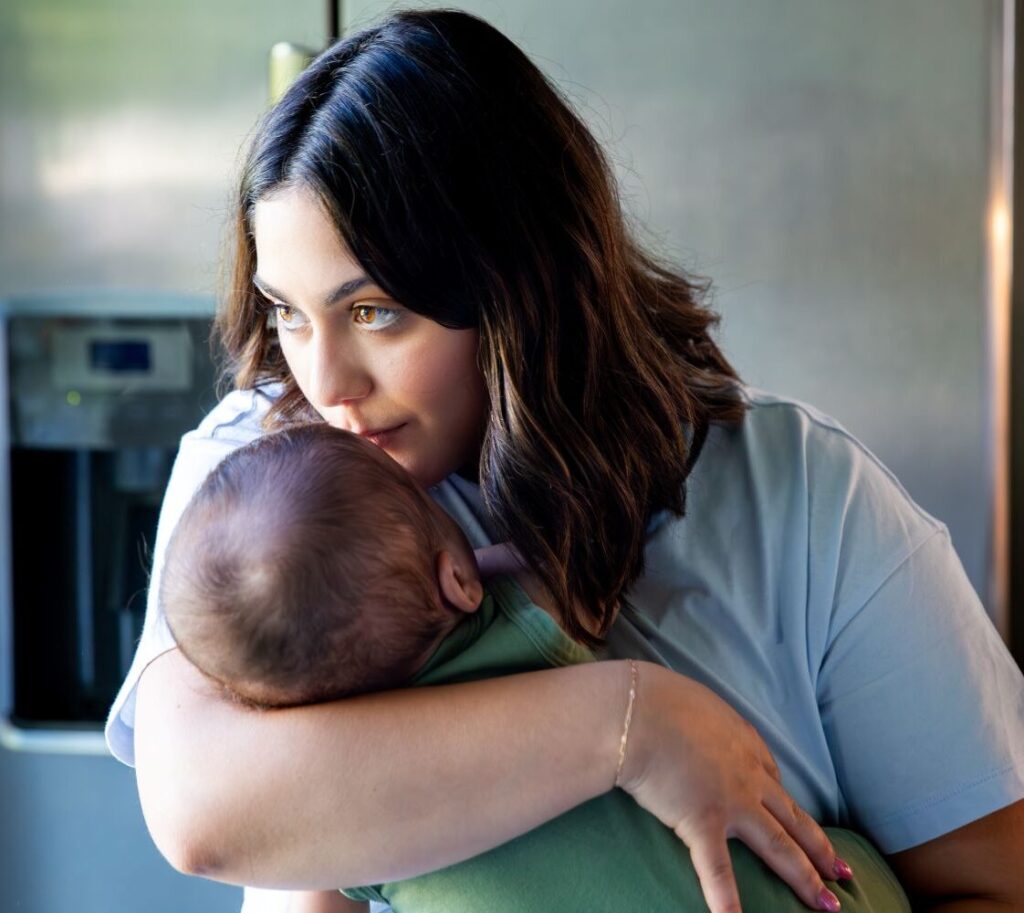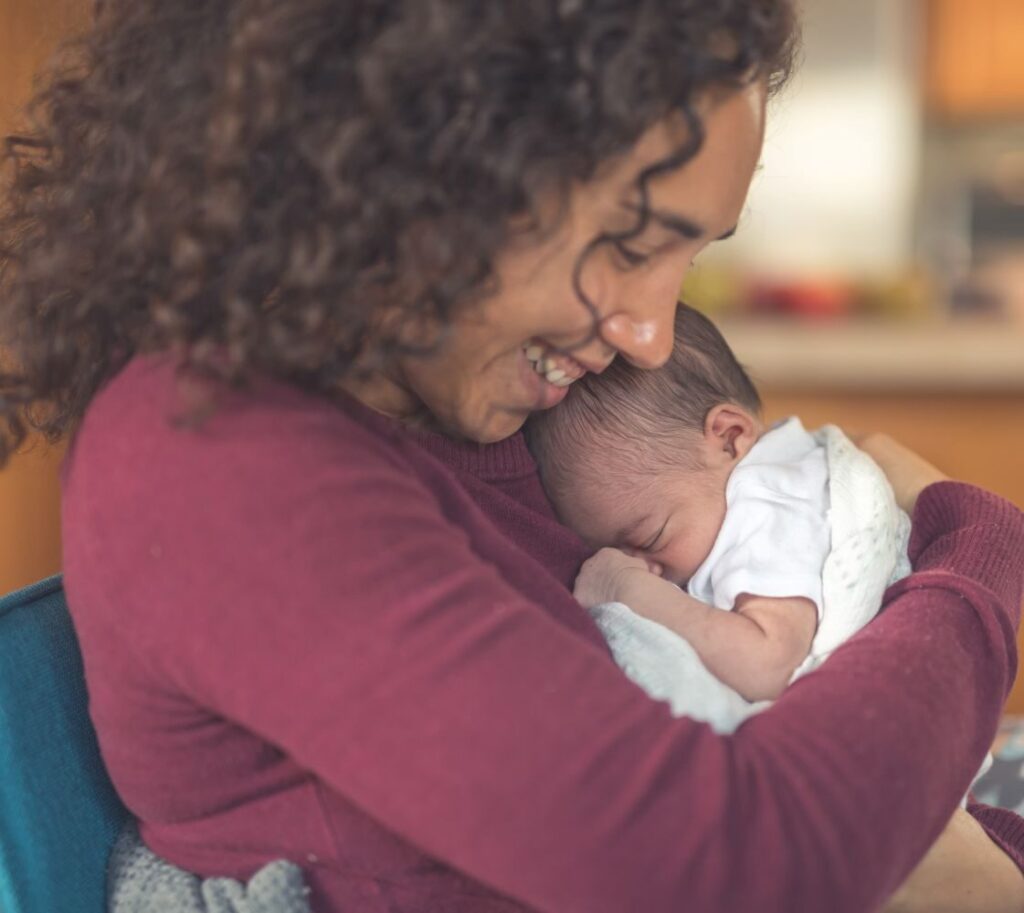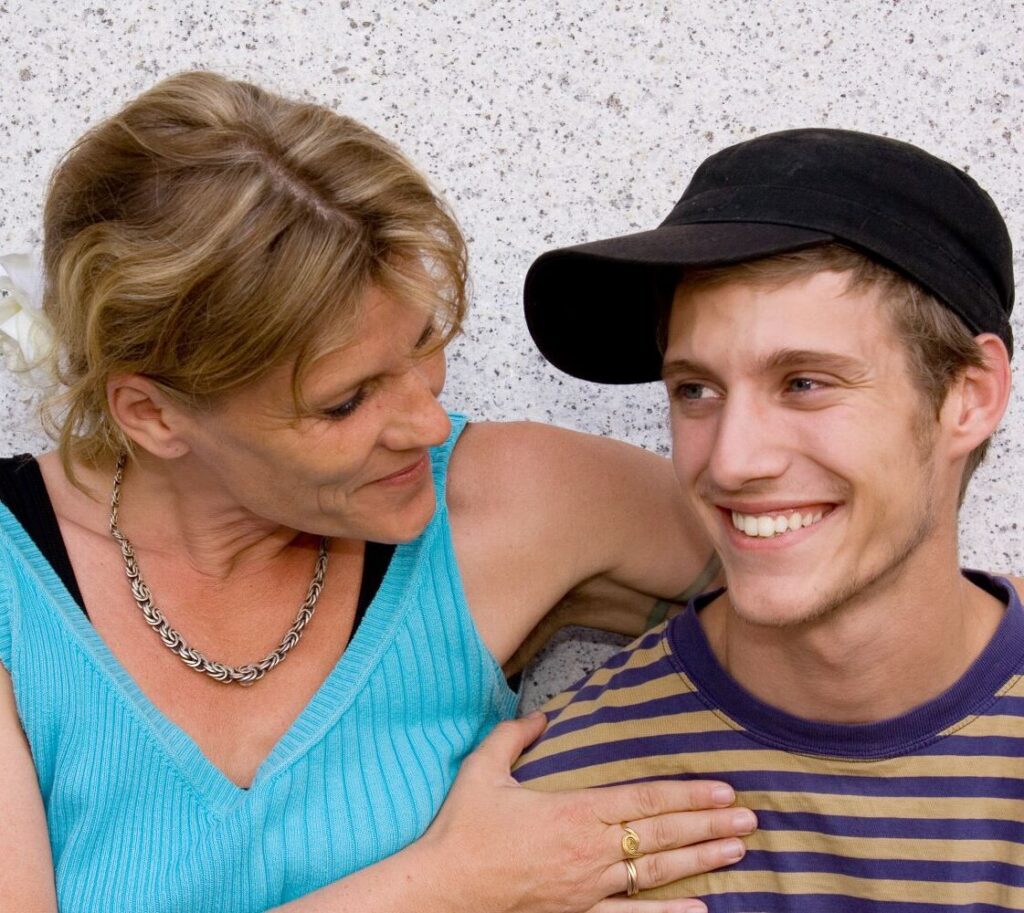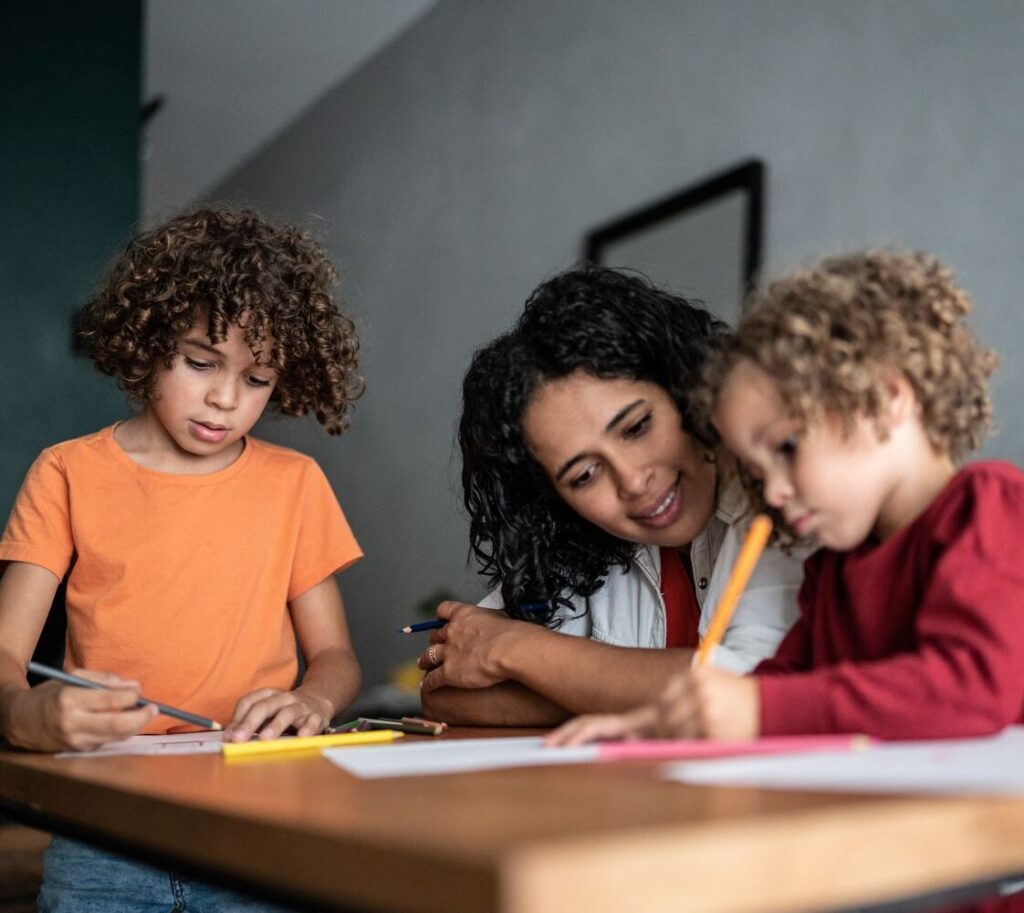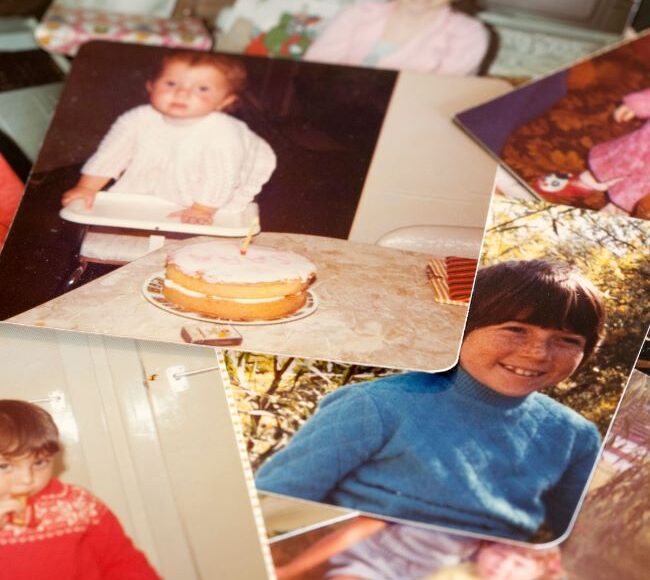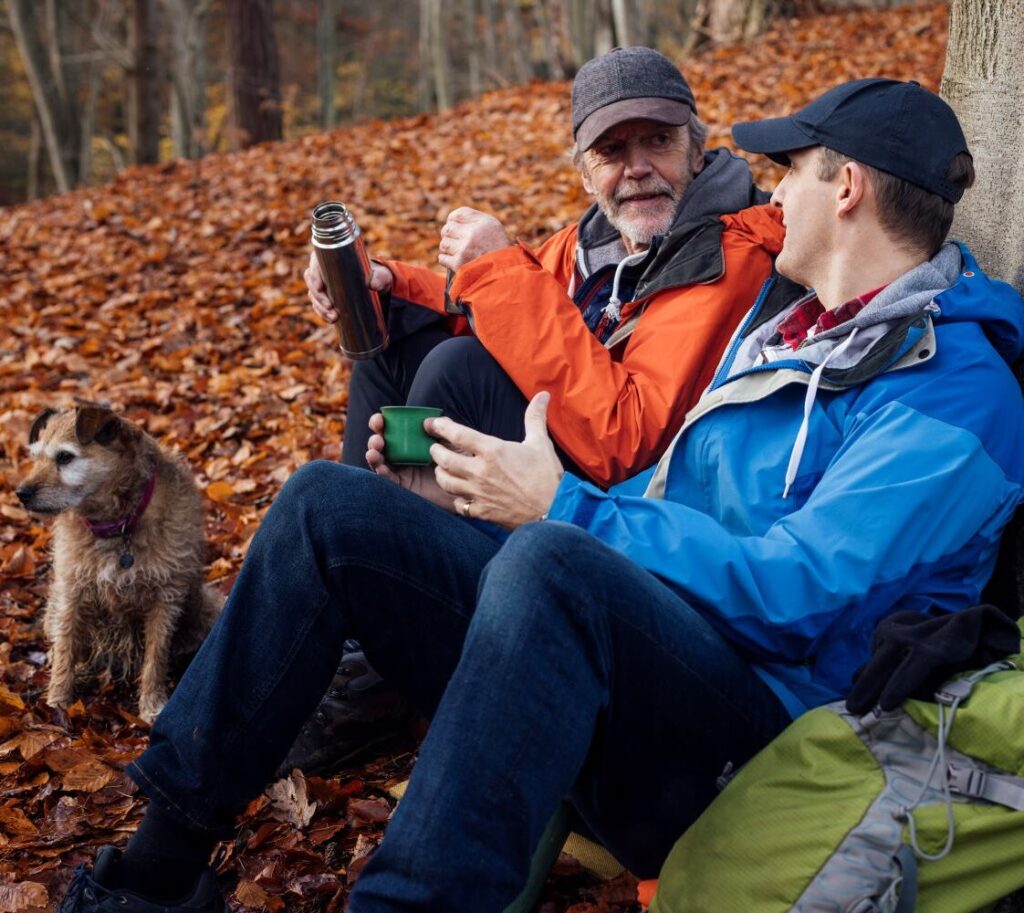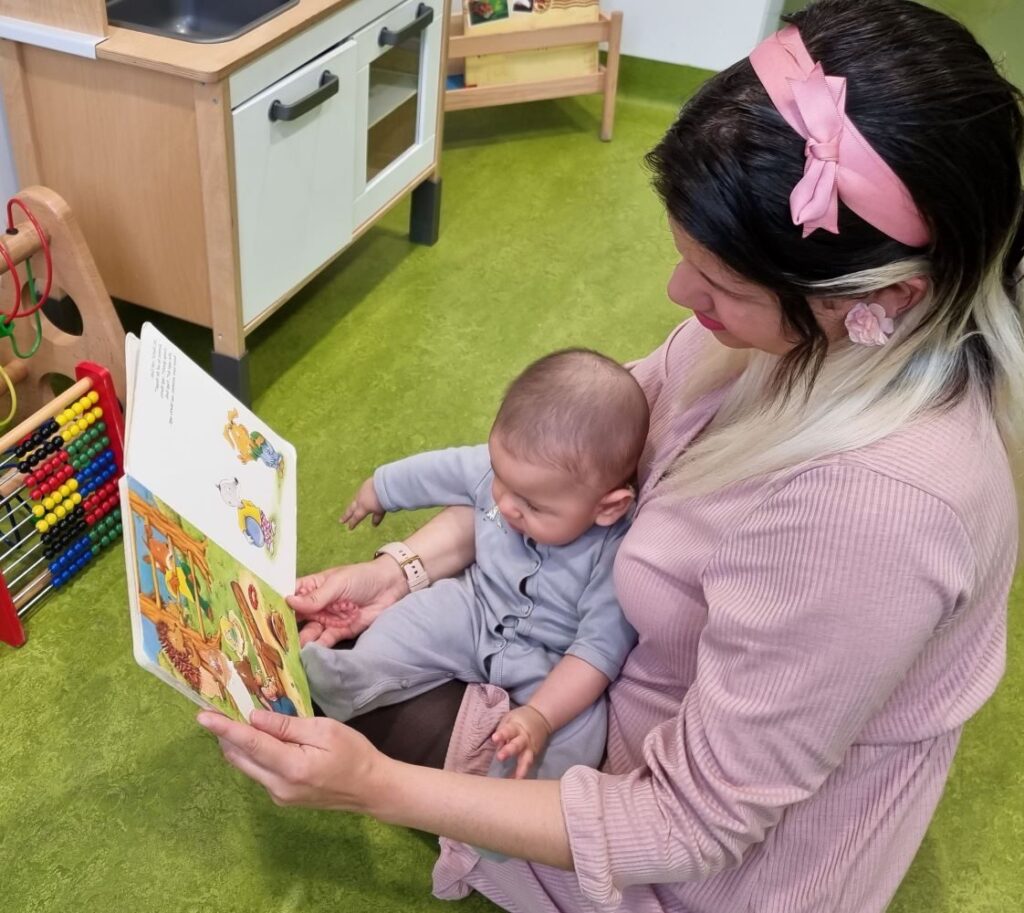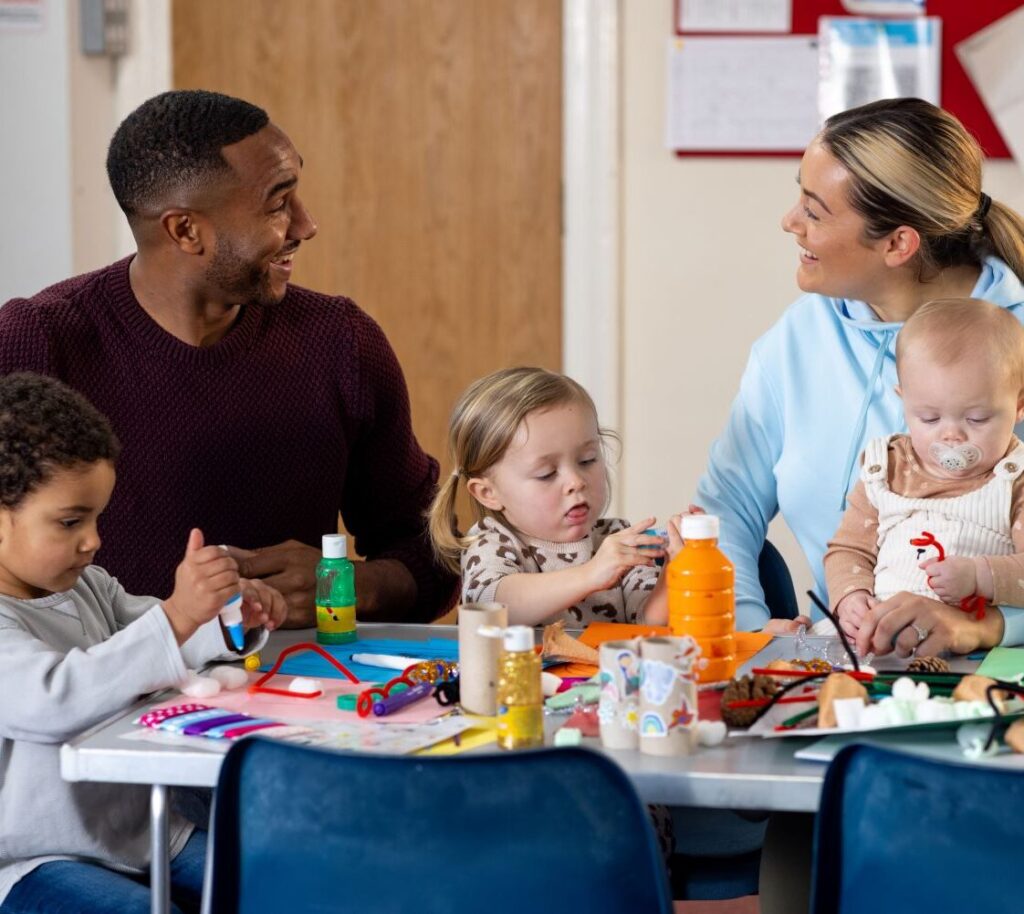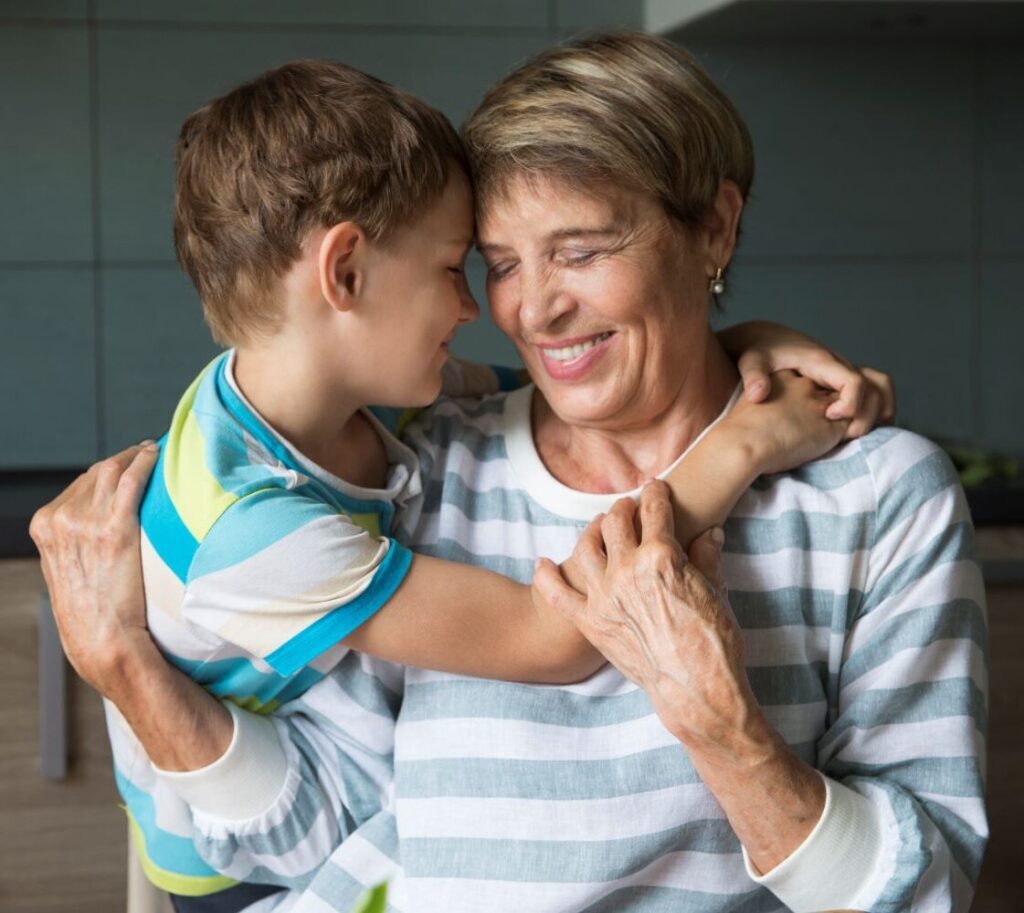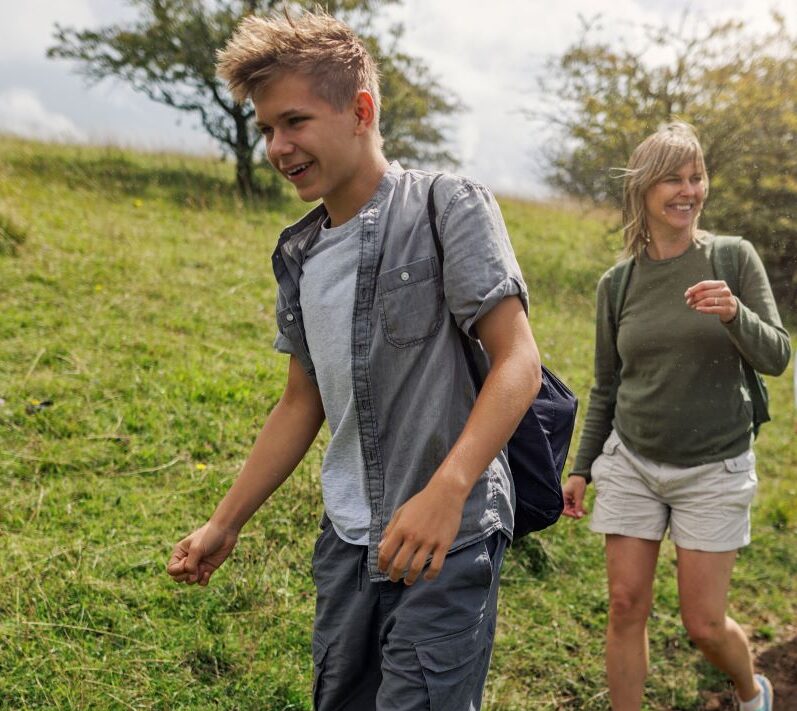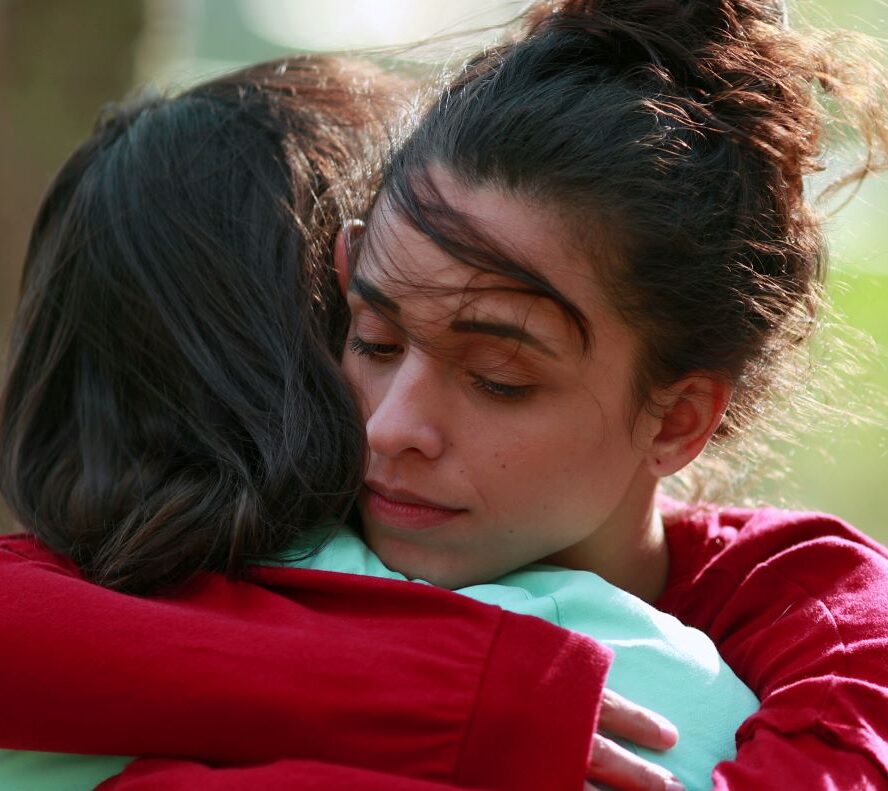Adoptee, Ian and his birth mother Jill provide a side by side account of their experiences – and a reunion that spanned the globe. Here Ian tells his side of the story.
I was born on 15 December 1967, placed in foster care on 24 December and formally adopted three months after my birth.
The fact that my brother and I were both adopted was a secret outside our immediate family. Being adopted was a huge issue for me growing up and something I was really very confused about. As it was secret, I did not feel I could talk about it and a part of me that felt I was living a lie. I felt there was a huge difference between me and my friends and their families.
I was 27 when I started tracing my birth mother, recovering from alcohol addiction, and part of my recovery process was a need to resolve issues arising from my adoption.
All my life I had wondered where I came from. The need to know about my birth mother was all-consuming.
I needed to find out the truth and was prepared to deal with whatever consequences the search unearthed. I approached the social welfare agency in New Zealand (my parents had emigrated when I was six), who put me in touch with Jigsaw Adoption UK and discovered that my birth mother had left a letter for me on my eighteenth birthday.
Within a week or two, I had received my birth mother’s letter. It was amazing to read, very brief and let me know that she was willing to be contacted. That first step in the process was fiercely emotional and – in a way – very frightening. Something that I had been carrying around for 27 years was suddenly real.
I had my birth mother’s details and address. I wrote back stating who I was and that I would be willing and happy for her to reply if she welcomed it. At that point I was trying to keep myself safe. Making that first contact put me in a very vulnerable place.
For any adoptee – who feels, for whatever reason, rejected at birth – there is a significant risk of facing rejection again. It was a big call for me.
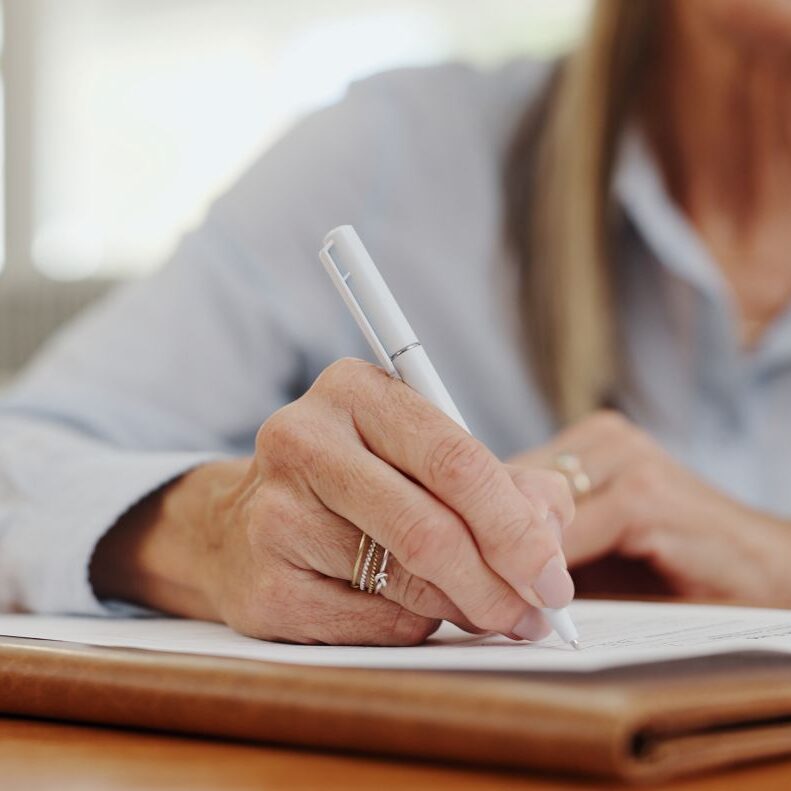
Finding my birth mother
I received a beautiful letter from my birth mother – she had longed to hear from me, she welcomed the relationship and basically, it was an open door. We wrote letters to one another constantly for several months.
The first time we met in person, about six months later, was one of the most amazing experiences of my life. It was indescribable – all I can say is that it was a life changing moment for me.
Difficult for my adopted family
Our reunion brought up many difficult and uncomfortable feelings for us and our families. My parents believed that there would never be any contact with my birth mother after the adoption was formalised. They were not at fault at all – but this was not what they had signed up for. They gave me all the information they could, but I knew that they did not really want me to find my birth mother and it was hugely difficult for them to comprehend and assess the situation.
As an adoptee, you know that the very fact that you were conceived was a problem and you feel that you should be grateful to your adoptive parents. When you search for your birth parents, it is like flying in the face of the gratitude that you are supposed to feel.
I went ahead anyway because I needed to do so for my own survival; in order to be at peace with myself.
There was certainly a period of time when this made my relationship with my parents very strained and there was a lot of angst.
Over time, things have got easier for everyone. I think it was helpful that I live in New Zealand. When we were first reunited, it was before email was widely used. There was therefore a time-lag between our letters and conversations and the process was slowed down by the fact that we had to travel to the other side of the world in order to meet. It gave us more time to adjust.
Fairly early on in our correspondence, I learnt about the circumstances of my adoption. My birth mother was forced to give me up on Christmas Eve. It is a very sad story. I wonder about her parents, who I never met, and what advice they were offered or given in that tough era.
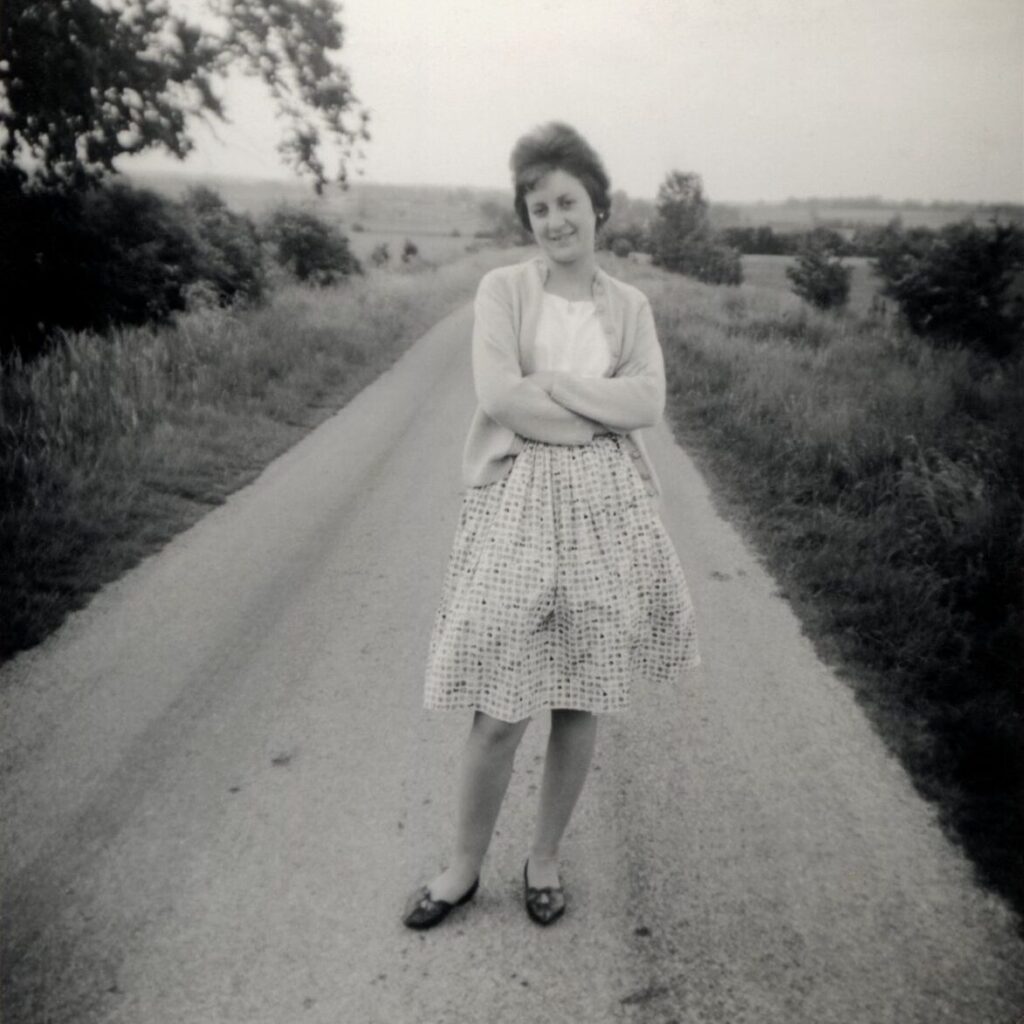
Forced adoption in the 1960s
Some of the things that I have learnt about how my birth mother was treated are atrocious for what they say about her value as a young, pregnant and unmarried woman at that time.
It makes me very angry to know, and also to imagine what life I might have had if young mothers had been supported.
I can’t have another life and we can’t turn back the clock; we are never going to be able to catch up on the lost years.
I am not complaining about how my life has been, I have been very lucky but at the same time, I feel like I have lived a pseudo-life.
In my working life, I have worked as an education advisor with a focus on managing risk for children with severe behavioural difficulties and mental and physical disabilities. I have therefore seen the clear trajectories that many adopted people end up following. These days it is widely acknowledged that adoption itself has a roll-on effect on adopted people, for instance a higher prevalence of adopted people suffer from vulnerabilities such as drug dependency and alcohol addiction, self-harm and suicide.
I have suffered from attachment disorder, which can develop as a result of trauma in early life. For most of my childhood I was hugely anxious, confused, shy and quite emotionally unstable. I am not blaming all of my subsequent problems on my adoption but I am certain there is a connection. In my experience, personal and professional, adoptees are a hugely at risk group of people – whether on the path to reunion or spending a lot of energy and angst suppressing that part of oneself.
Once a person starts searching for their birth parents, there are so many emotional hooks. I strongly believe there is an enormous amount of work to be done in this area to support adopted people, as well as birth mothers. It is still really hard for birth mothers and adoptees to feel able to talk about the adoption, reunion or not, and must be a very clear process for a person to get support.
I know that my birth mother has found her involvement in a birth mother’s group - supported by PAC-UK - very helpful.
There is no question that specialist input and counselling is needed but there can also be huge strength from peer support. One of the main reasons I wanted to be able to contribute to this blog, is to emphasise the silenced voices of adoptees. The adopted person has the least amount of say in the process. The consequences of forced adoption for adoptees is something I think should be publicly acknowledged.
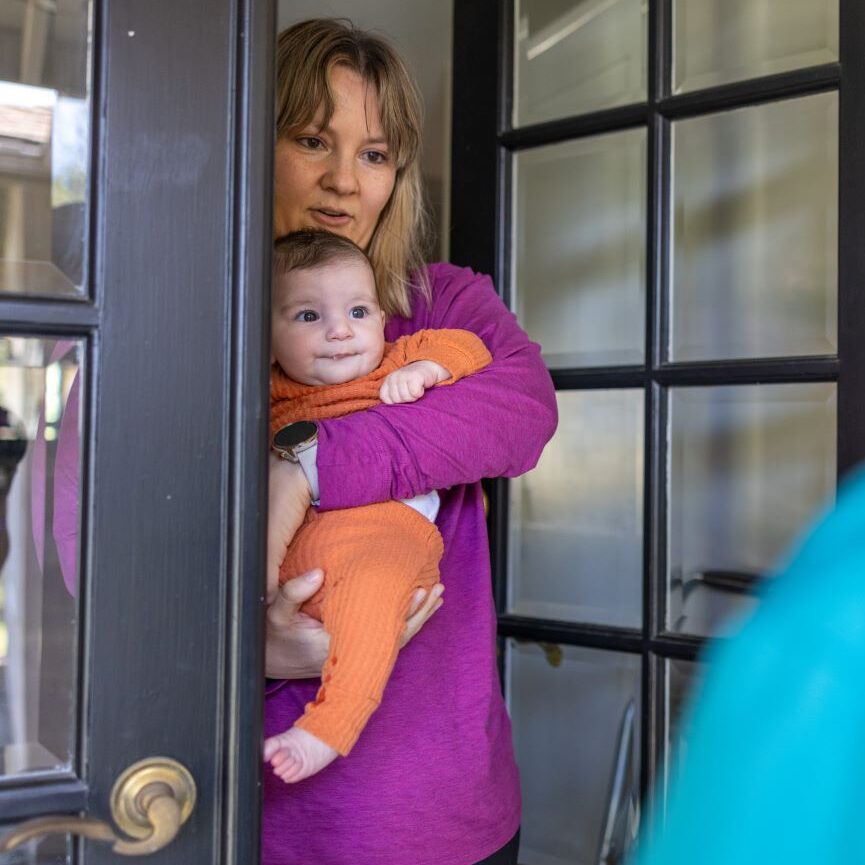
About PAC-UK
Family Action’s adoption support agency PAC-UK offers specialist advice and support to all parties affected by adoption and special guardianship arrangements.
Find out more